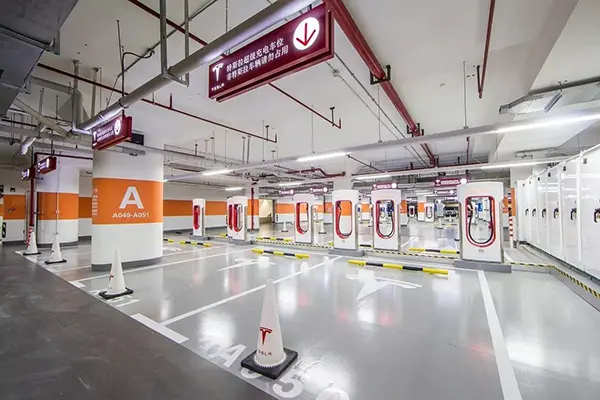Chinese Premier Li Keqiang has pledged to enhance political and economic ties with the UK as the latter's Prime Minister, David Cameron, voiced opposition against "Tibet Independence."
"We two countries must insist on mutual respect and equal treatment, understand and take care of each other's major concerns, properly handle sensitive issues and push for more vigor and results in the Chinese-British comprehensive strategic partnership," Li told Cameron during their Monday talks.
Cameron, whose China tour was delayed since his last meeting with the Dalai Lama in May 2012, said Britain respects China's sovereignty and territorial integrity, recognizes Tibet as part of China and does not support "Tibet Independence."
Li suggested the two countries bolster trade and investment, enhance fiscal and financial cooperation, deepen high-tech cooperation, strengthen people-to-people and cultural exchanges, and consolidate communication and cooperation on international and regional issues.
"As a major country within the European Union, Britain plays a unique and important role in China-EU relations," Li said during their talks at the Great Hall of the People in downtown Beijing.
On Monday, Chinese Vice Premier Wang Yang on Monday called on China and Britain to deepen economic cooperation in the hope of becoming long-term complementary and win-win partners.
China and the UK are highly complementary in their economies, and can surely become long-term partners for win-win cooperation, Wang said.
He encouraged the two countries to make full use of each other's comparative advantages, expand the scale and explore new areas of economic and trade cooperation so as to reach a trade volume of 100 billion U.S. dollars in 2015.
The vice premier reiterated China's firm adherence to its opening-up policy, confirming that China will expand areas of opening up and shorten the process for examining and approving foreign investment and investment in foreign countries.
He said China will make its foreign investment policy stable, transparent and foreseeable, so as to enhance the confidence of foreign companies investing in China.
Cameron, who led a large delegation to China, including six cabinet ministers and 150 representatives from business and trade, said in his address that the two economies are "truly complementary" and the cooperation opportunities are "all the greater."
Britain welcomes China's investment, said Cameron, adding that his country is committed to boosting free trade and investment.
 简体中文
简体中文

